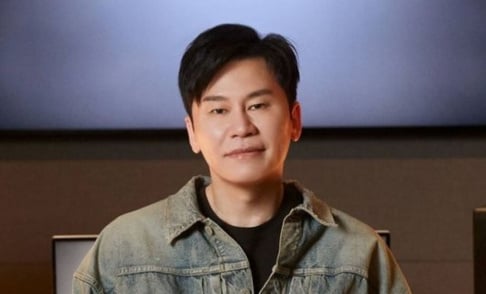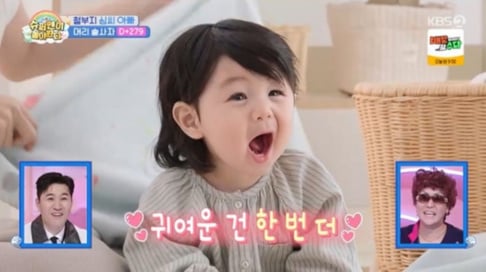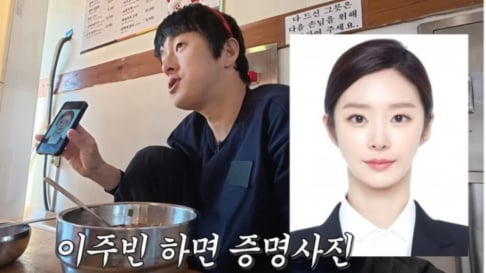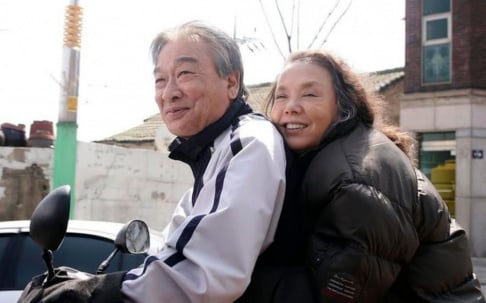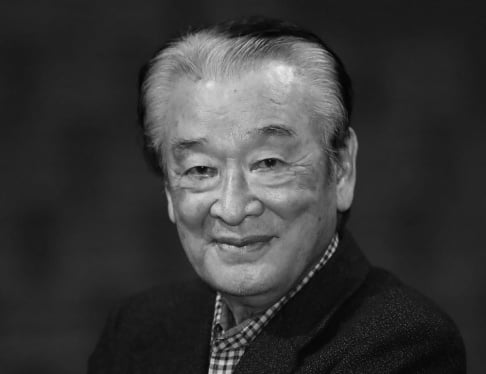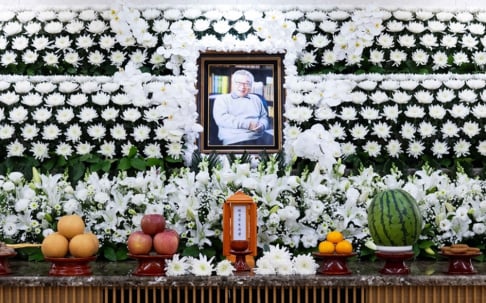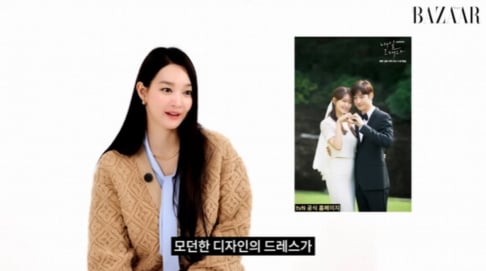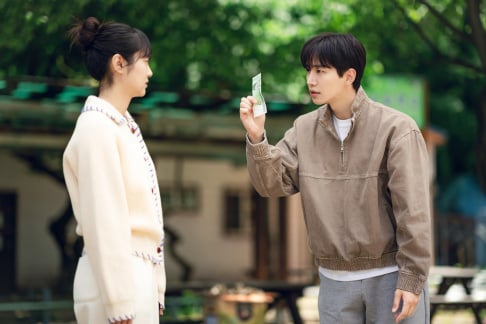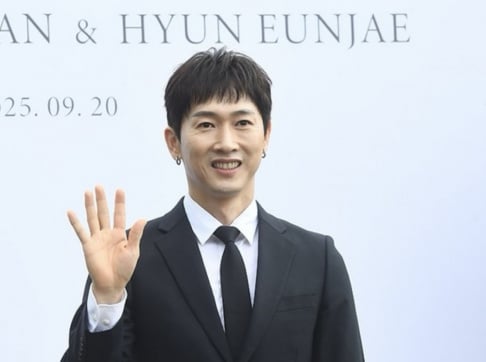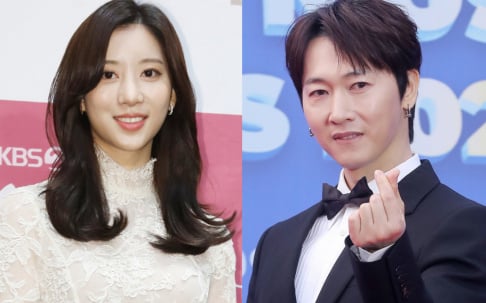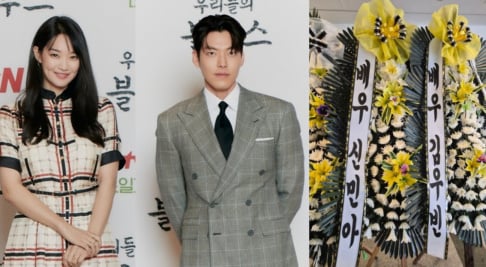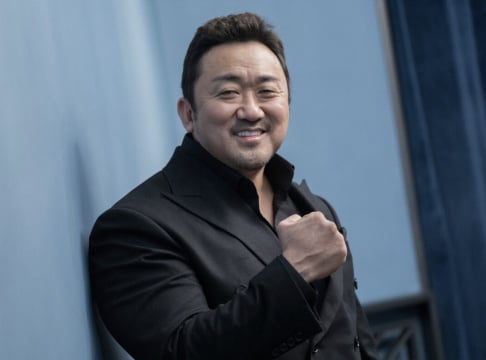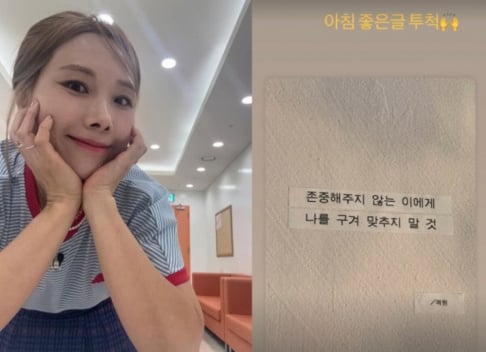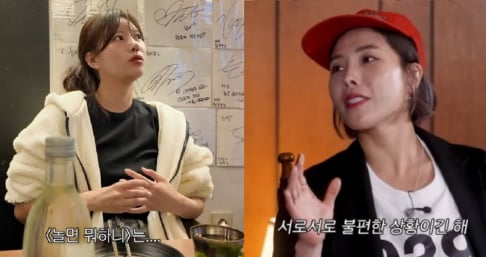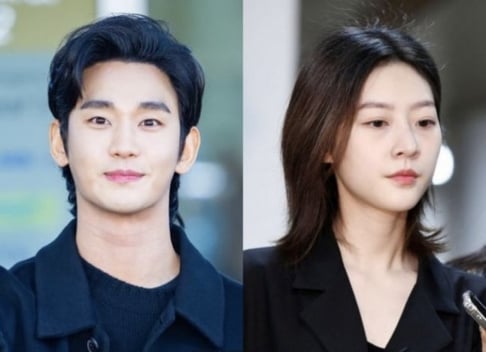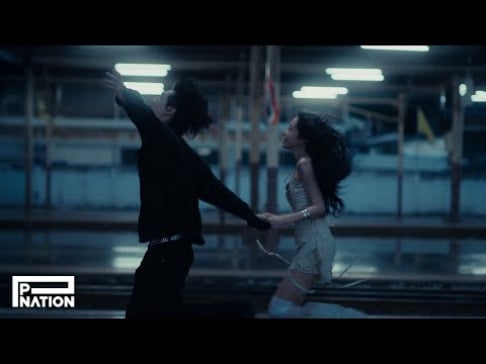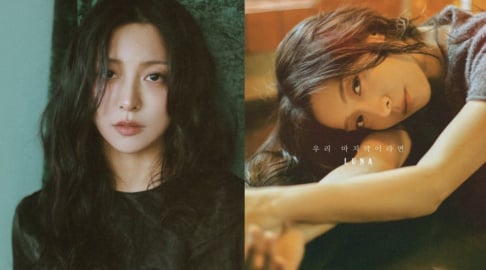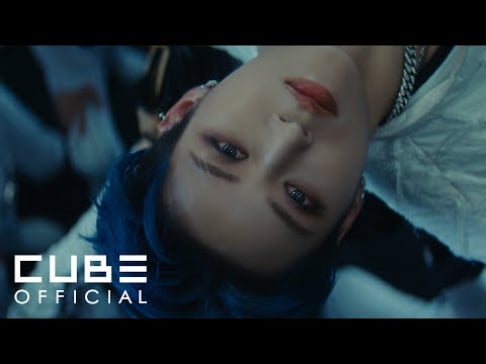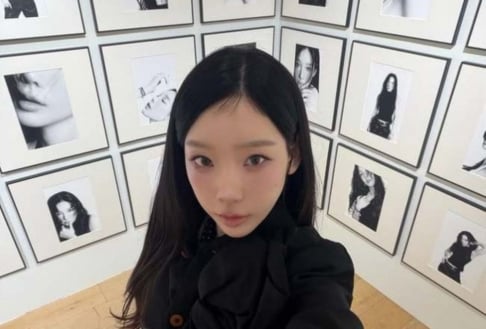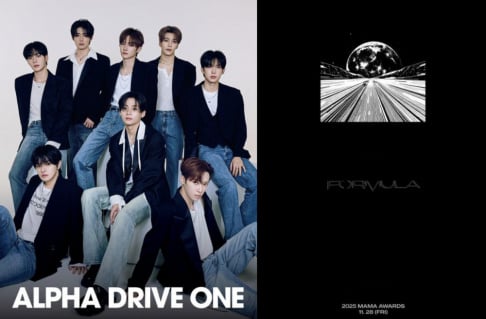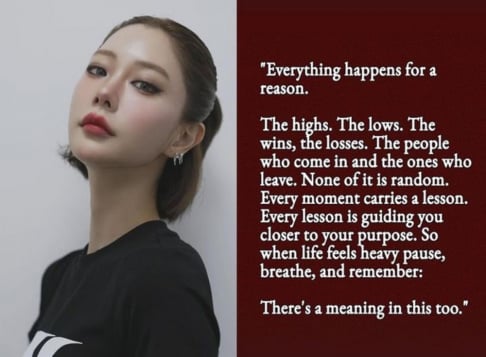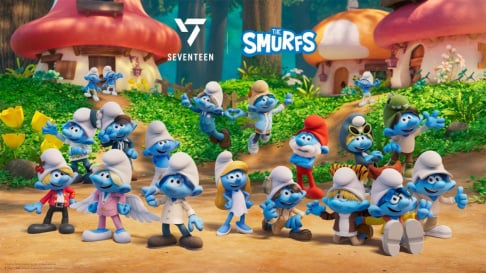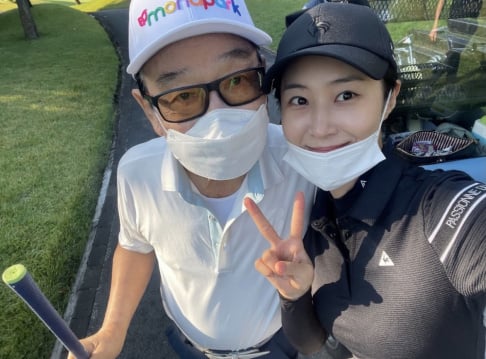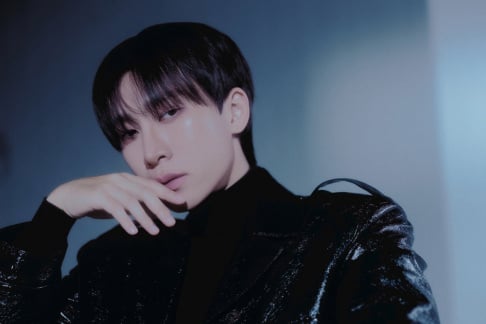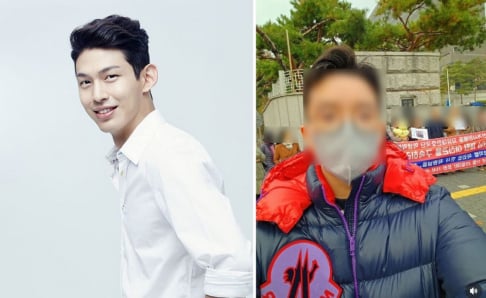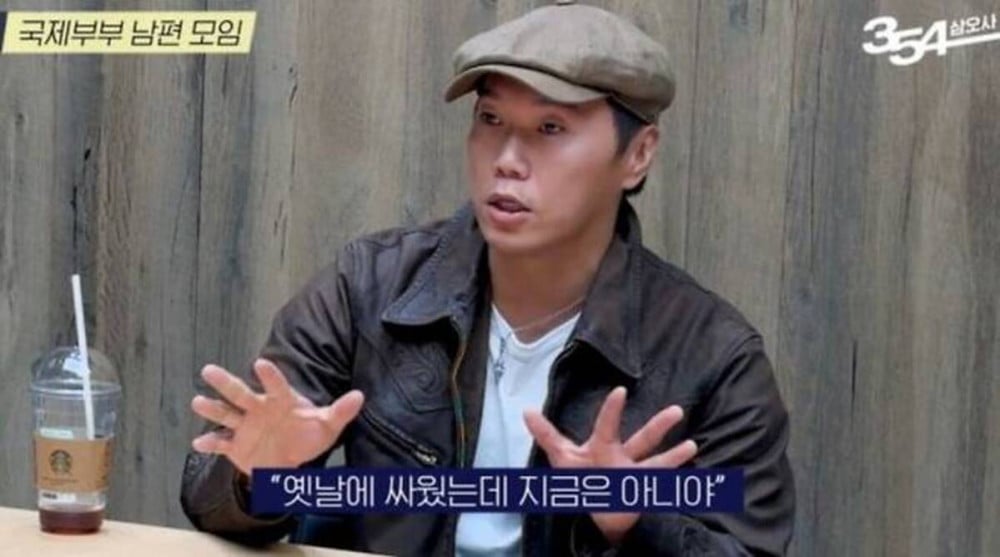
Actor Song Jin Woo issued an apology after facing backlash for comments viewed as historically misleading regarding Japan’s colonial rule of Korea.
The controversy began with a video released on November 25 on the YouTube channel 354 Samosa, in which Song discussed international marriage. Song, who married a Japanese woman in 2015, spoke about the challenges faced by Korean and Japanese families. However, some of his remarks drew heavy criticism from viewers.
In the video, Song said, “When children go to school, they learn history. So we told them they are both Korean and Japanese. At kindergarten, they sometimes sing ‘Dokdo Is Our Land’ in front of my wife. She does not really mind, and Japanese people generally do not know much about it.”
He added, “But when they start learning history in school, I worry because my children are half Japanese.” Song continued, “I have heard of cases where some children were hit with stones because they were called Japanese. With stories like that, my wife also becomes worried. So I told my kids clearly that although Korea and Japan fought in the past, that is not the case anymore.”
His wording that described the Japanese colonial occupation as simply a time when the two countries “fought” triggered strong criticism, with many accusing him of downplaying or misrepresenting history. Comments also poured in questioning his stance on Dokdo sovereignty.
As the issue grew, Song posted an apology, writing, “I sincerely apologize for causing hurt and disappointment with my careless words and actions. As a Korean who understands the weight of the phrase ‘A nation that forgets its history has no future,’ I had no intention of distorting history to educate or protect my children.”
He continued, “I have heard stories about children in multicultural families facing indiscriminate violence because of prejudice related to their parents’ nationalities. As a parent, the fear of such situations came first. I wanted to teach my children to understand historical facts accurately while also knowing that violence is never acceptable under any circumstances.”
Song explained his choice of words, stating, “In trying to explain things from a child’s perspective, I unfortunately used the wrong expression, ‘fought.’ My words should have been more careful and precise. This was entirely my fault without excuse. I will be more cautious and factual in the future to avoid repeating the same mistake.”
However, Song’s apology has sparked further criticism, as he posted it only as a comment on an old post rather than issuing a widely visible public statement. Many are questioning the sincerity of his apology, and the controversy continues to unfold.
SEE ALSO: Three major key highlights to look forward to at the '2025 MAMA AWARDS' taking place this week
 SHARE
SHARE
